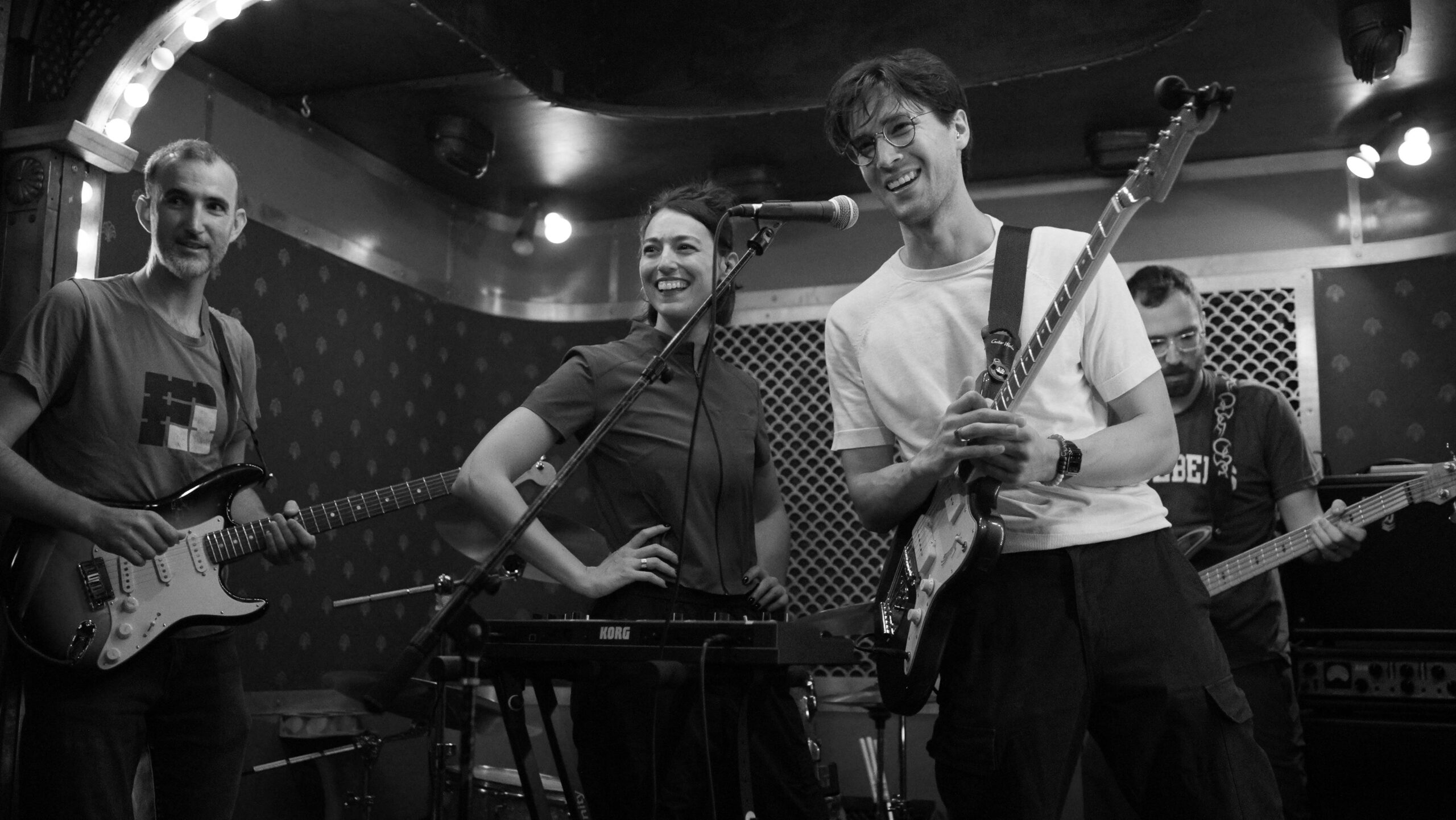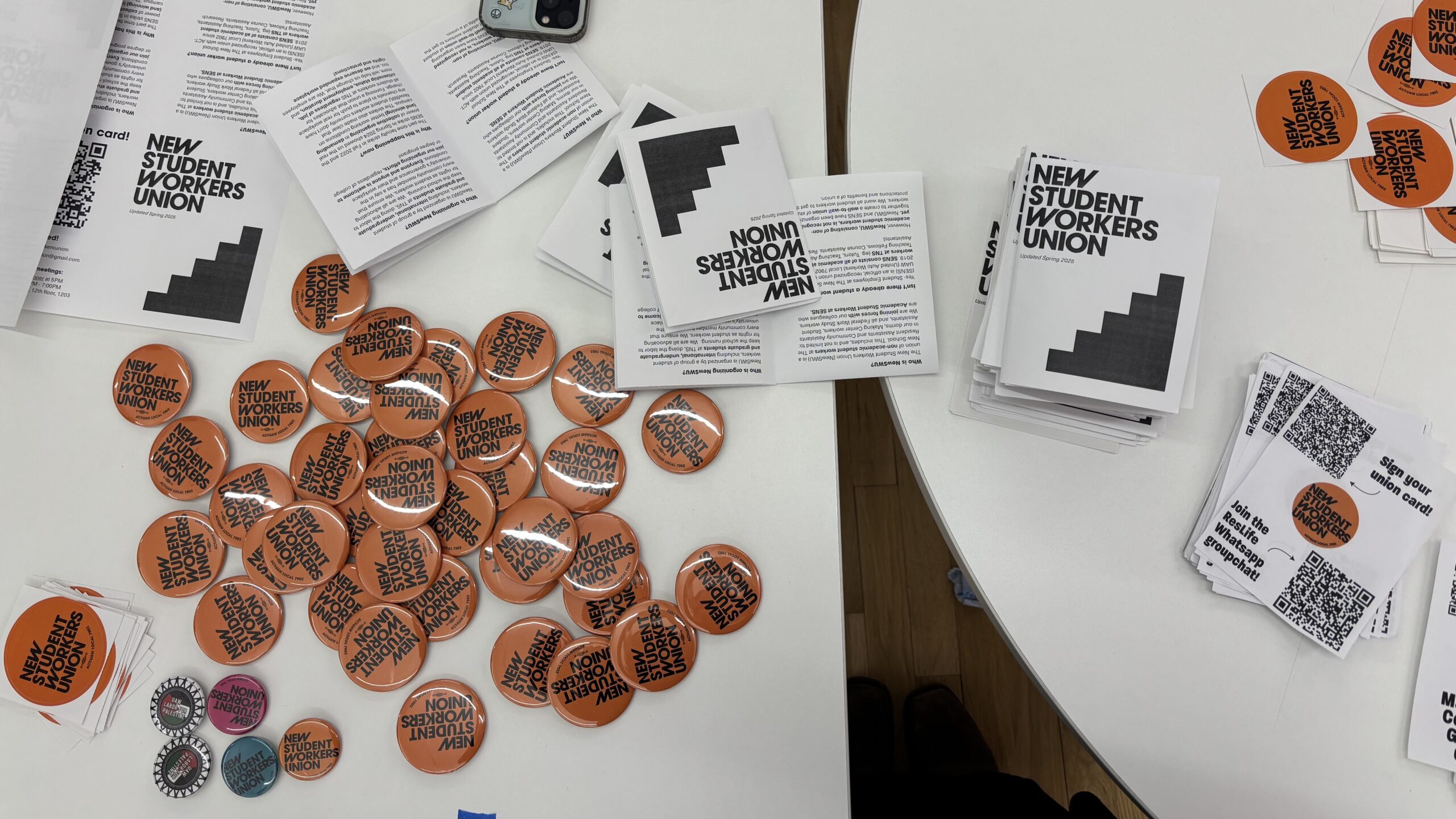The New School has a proud history of social engagement in environmental and civil rights issues so it is no surprise that class discussions often inevitably loop back around to topics of social justice and civic engagement or radical opinions regarding the latest bit of national or international news. What is surprising is how often those conversations fail to provoke any significant action within the larger New School community. It all just stops right there.
Do not be mistaken; there are New School students who stand up and take the initiative to make changes, fighting vigorously for their voices to be heard. Students have pushed hard for change on sustainability and fossil fuel divestment issues, while others, like the Sustainable Cities Club and Slow Foods, do their best to make life on campus as principled, progressive and sustainable as it can be.
The New School’s group at the People’s Climate March had a turnout of around 25 students, which is disappointing because the university has such a prominent reputation for being so radical and active in environmental justice issues.
Many of the student participants tweeted about their attendance and posted invigorating photos and statuses on Facebook and Instagram. The prominence of social media’s role in student activism at the New School provokes questions regarding individual motive. We wonder how many of these people were littering all the way down to the end of the march? How many people are actually living the lifestyle they were marching for? How many people were just there to say they were present? Were they there for the likes on Facebook and Instagram?”
Rasu Jilani, Director of Programs at MAPP International Productions, voiced similar concerns in a recent interview with the Free Press at the New School event, “Days of Art and Ideas,” a series of workshops and performances produced by MAPP and the Lang Theater Department.
Jilani referenced the term “Couch Activist.”
“I’m actually really intrigued by the idea of the “couch activist,” said Jilani. “All these folks that are on Twitter and on Facebook and they talk about all the things that are wrong with the planet but they don’t get their ass off the couch and do something about it you know?”
Free Press published an article in April 2013 titled “Tweetin’ About A Revolution” which discussed a similar term, “slactivism.”
We’re trying, but really how hard are we trying? We make an effort, but the effort is disappointingly small for an institution with such a notable reputation for progressive and sustainable initiatives. Maybe slactivism or couch activism is still better than nothing at all, but what more can we do and should we do?
Sincerely,
NSFP Staff








Leave a Reply